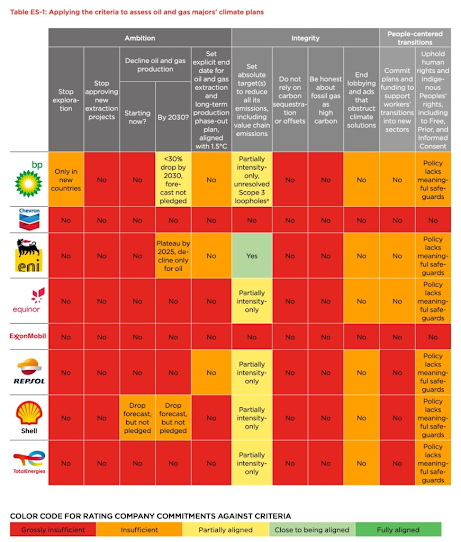Assorted content for your weekend reading.
- Katherine Wu warns about the consequences of the powers that be deciding that people will be subjected to repeated COVID-19 infections. And Saba Qasmieh et al. examine the difference between reported case numbers and actual COVID prevalence, and find that the data now being provided may underestimate case counts by 30 times due to the choice not to conduct systematic testing.
- The Globe and Mail's editorial board discusses how density - not further publicly-subsidized sprawl - represents a key part of the solution to ensuring people's right to housing is met.
- Marco Chown Oved, Kenyon Wallace and Ed Tubb call out the Ford PCs' plan to shovel billions more public dollars toward the well-connected private long-term care home operators which saw some of the worst death rates in the course of the COVID pandemic. And Stephen Magusiak and Luke LeBrun report that Doug Ford's shady activities include having inner-circle operatives put one of his own cabinet ministers under surveillance.
- Duncan Kinney exposes how the Edmonton Chamber of Commerce is exploiting a loophole intended for community groups to avoid property tax on most of a $11 million commercial property - and how the provincial government is allowing the business lobby tax advantages which aren't available for labour organizations.
- Finally, Umair Haque laments the ongoing - and indeed worsening - carnage in the U.S. most recently exemplified through the mass murders in Buffalo and Uvalde. Elizabeth Bruenig writes about the U.S.' final descent into utter nihilism as yet another preventable massacre of children produces public outcry but absolutely no policy response. And Sigal Samuel writes about the debate over grossly insufficient estimates of the social cost of carbon in the U.S. - and the reality that any reasonable valuation of human rights and a viable existence for future generations would make any avoidable carbon pollution untenable.



